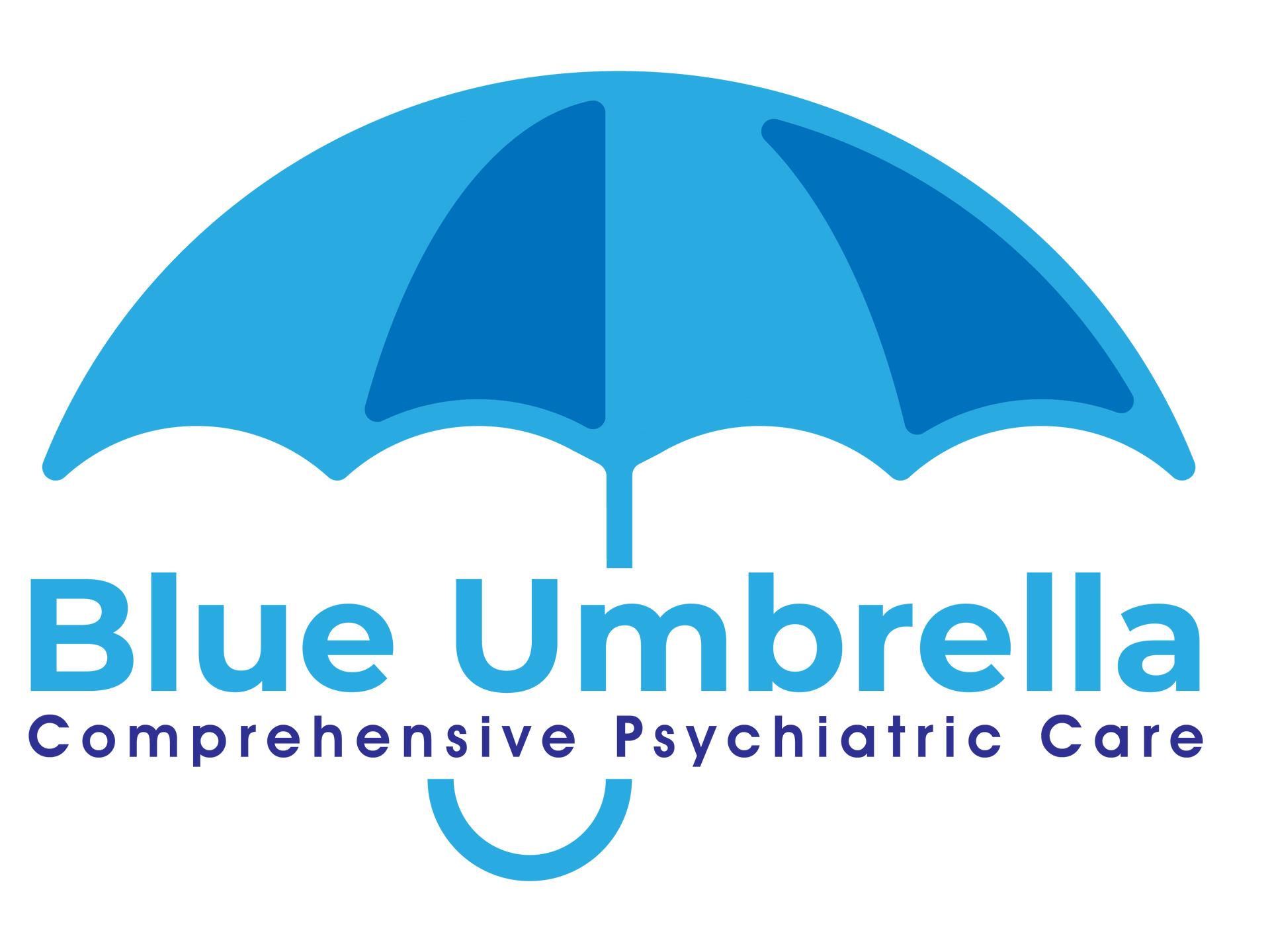July is National Minority Mental Health Awareness Month, a time to acknowledge the unique challenges and experiences of racial and ethnic minorities in the United States when it comes to mental health.
While mental illness can affect anyone, regardless of background, minority communities often face higher barriers to accessing care. This can be due to factors such as:
- Stigma: Mental health issues are sometimes more heavily stigmatized in certain cultures, leading to shame and silence.
- Language access: Culturally competent therapists and resources may not be readily available in all languages.
- Lack of health insurance: Minority communities have higher uninsured rates, making mental health services financially out of reach for some.
This month is a chance to:
- Raise awareness: Educate ourselves and others about the specific needs of minority communities regarding mental health.
- Challenge stigma: Open conversations to break down negative stereotypes surrounding mental health.
- Promote resources: Share information about culturally competent therapists, support groups, and mental health hotlines specifically serving minority populations.
Here are some things you can do this July:
- Educate yourself: Learn about the mental health disparities faced by minority communities.
- Spread the word: Share resources and information about mental health awareness on social media.
- Support organizations: Donate to or volunteer with organizations working to improve mental health services for minorities.
- Have open conversations: Talk to your family and friends about mental health and encourage them to seek help if needed.
Taking care of your mental health is crucial for everyone, and this month is a reminder to ensure everyone has access to the resources they need. By working together, we can create a future where mental health is prioritized for all communities, regardless of race or ethnicity.
Additional Resources:
- National Minority Mental Health Awareness Month (https://mhttcnetwork.org/national-minority-health-awareness-month/)
- Mental Health America - BIPOC Mental Health Month (https://mhanational.org/sites/default/files/2022-06/2022-BIPOC-Mental-Health-Awareness-Month-Resources-Printable.pdf)
Remember, you are not alone. If you are struggling with your mental health, there is help available. Reach out to a trusted friend, family member, or mental health professional.
Here at Blue Umbrella Psychiatry, we understand the importance of culturally competent care. Our team of professionals is dedicated to providing a safe and welcoming space for individuals from all backgrounds. If you are looking for support, we encourage you to reach out to us for a consultation.
Additionally, to our current patients, we ask that you consider sharing our services with those in your network who may be struggling. Together, we can create a brighter future for mental health in our community.













